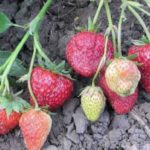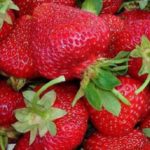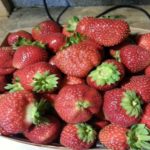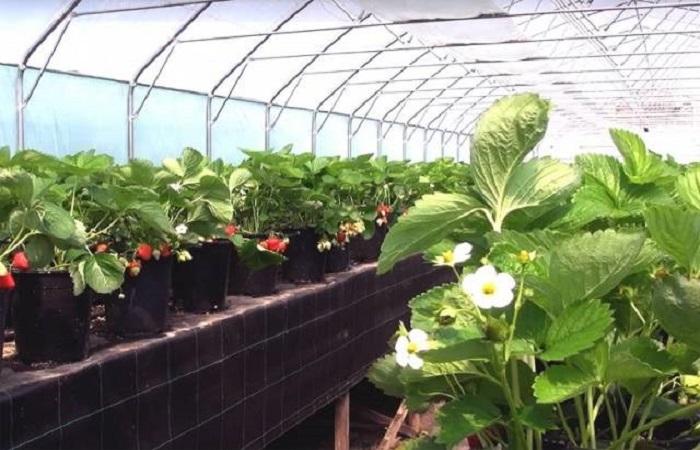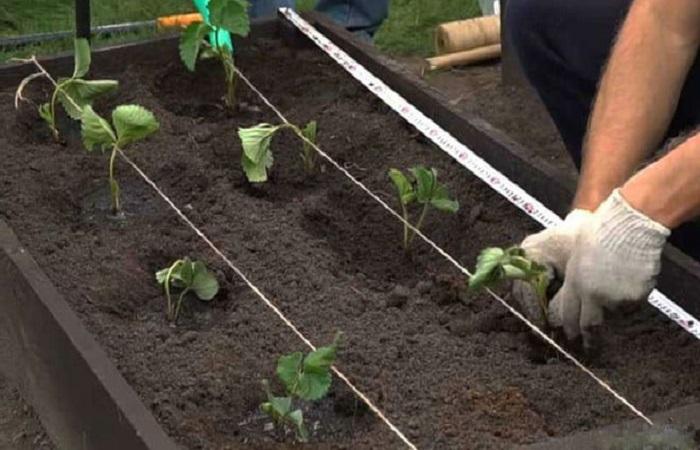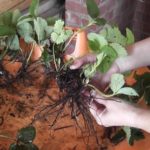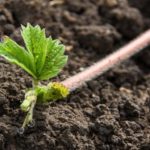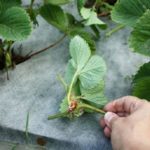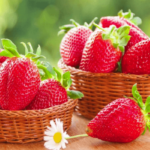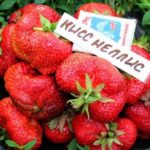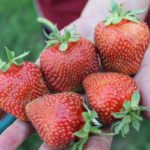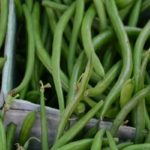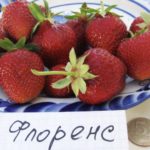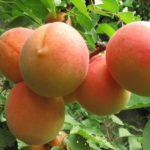Maestro is a variety of remontant strawberries, characterized by high and stable yields. Refers to day-neutral crops. It bears fruit several times a season; with the right approach to growing and caring for the crop, highly productive fruiting can be achieved. Since the berries have high quality indicators, they are suitable for cultivation on an industrial scale.
History of selection
A popular strawberry variety was developed in France.While working on the creation of a new variety of crop, breeders made efforts to obtain a high-yielding hybrid with good disease resistance, a sufficient level of fruiting and high gastronomic qualities.
The plant variety in question was brought to Russia not so long ago - in 2017. While the crop is just beginning to gain popularity, farmers have noted that it is suitable for cultivation in different regions of the country.
Description and characteristics of the variety
Strawberry Maestro is a perennial plant. In one area it is capable of bearing fruit for 4 years in a row, after which it is transferred to a new place. The bush is medium in size with strong peduncles that firmly hold the fruits, preventing them from falling to the ground.
Strawberry bushes are highly resistant to most phytopathologies and have good frost resistance.
Positive and negative qualities
The hybrid has many advantages that make it popular among summer residents and agricultural enterprises. The advantages of culture include:
- repeated fruiting throughout the entire vegetative cycle;
- disease resistance;
- frost resistance;
- good yield;
- endurance to hot climates (with regular watering);
- ease of care;
- use of seedlings for industrial cultivation;
- proper organoleptic characteristics;
- large fruit sizes.
The downside is the impossibility of cultivating strawberries in regions where the temperature in winter drops to below -30 °C.
Tips for growing and caring
To cultivate Maestro variety strawberries, you need to create favorable conditions for it. Therefore, you should be guided by these rules:
- Choose the right soil. Strawberries love neutral or slightly acidic, loose, well-drained, breathable soil. The crop can grow on loam, but you should not expect a large harvest from it. The best option is sandy loam soil.
- Beds for planting new strawberry bushes should be prepared in the spring. It is recommended to first dig up the selected area and mix the soil with fertilizers or humus. You can pre-sow green manure plants on a designated piece of soil, which, when dug, turn into fertilizer.
- It is advisable to plant strawberry bushes at the end of April. Between seedlings it is necessary to maintain a distance of 30 to 40 centimeters, between beds - up to 1 meter.
- To prevent plants from casting a shadow on each other, the holes for strawberry bushes should be placed in a checkerboard pattern. Then sprinkle each hole with fertilizer, place the seedlings there, sprinkle them with soil and water well.
As for care, here you need to perform the following activities:
| № | Procedure | Execution Features |
| 1 | Watering | Carry out as needed, when the top layer of soil dries out. Irrigation is carried out at the root, for each bush separately. For one crop you will need approximately 3-5 liters of clean water warmed to room temperature. Excessive drying out or, conversely, waterlogging of the soil should be avoided. |
| 2 | Loosening | It is recommended to do this every time you water strawberries.During manipulation, it is advisable to remove weeds. |
| 3 | Top dressing | In the spring, nitrogen fertilizers are applied to stimulate the bushes to gain vegetative mass. Subsequently, at the end of the fruiting period or directly during it, potassium-containing and phosphorus preparations are used. |
To prepare strawberries for winter, it is enough to form rows by removing excess tendrils along with rosettes, and also cutting off dry leaves. It is not necessary to cover the bushes unless severe frosts above -28 or -30 °C are observed. But, as a precaution, you can cover the bushes with straw after thoroughly watering the plants.
Protection of Maestro strawberries from diseases and pests
To prevent the occurrence of phytopathologies, gardeners recommend carrying out preventive measures annually. In the spring, a solution of copper oxychloride is used to spray strawberries. Preparations are also applied when planting new bushes in the soil. In this case, it is advisable to use liquid antifungal agents, which are sold in specialized stores. And if the crop has been affected by slugs, it is treated with Karbofos.
Reproduction methods
Strawberries Maestro are propagated by tendrils/rosettes obtained from the mother bush. The planting material is pressed to the ground and sprinkled with a small amount of soil. You can record the escape in another convenient way. When the seedlings take root, they are carefully separated from the mother bush, watered and fed.
Another propagation method is dividing an adult bush. But this method is rarely used, since the survival rate of daughter crops is very low.
Harvest and storage
From the moment of formation, the berries are fully ripened in about 2 weeks.In the south, the fruiting period begins at the end of April and ends somewhere at the end of December. After the first harvest, strawberries re-ripen within a month.
The berries can last a maximum of 7-10 days, after which they begin to rot. Therefore, they should be sold or recycled as quickly as possible after assembly.
Maestro is a strawberry variety that Russian farmers are just beginning to get acquainted with. But, based on the characteristics of the culture, it is likely that it will soon become one of the most grown and sought-after berries in the country.


